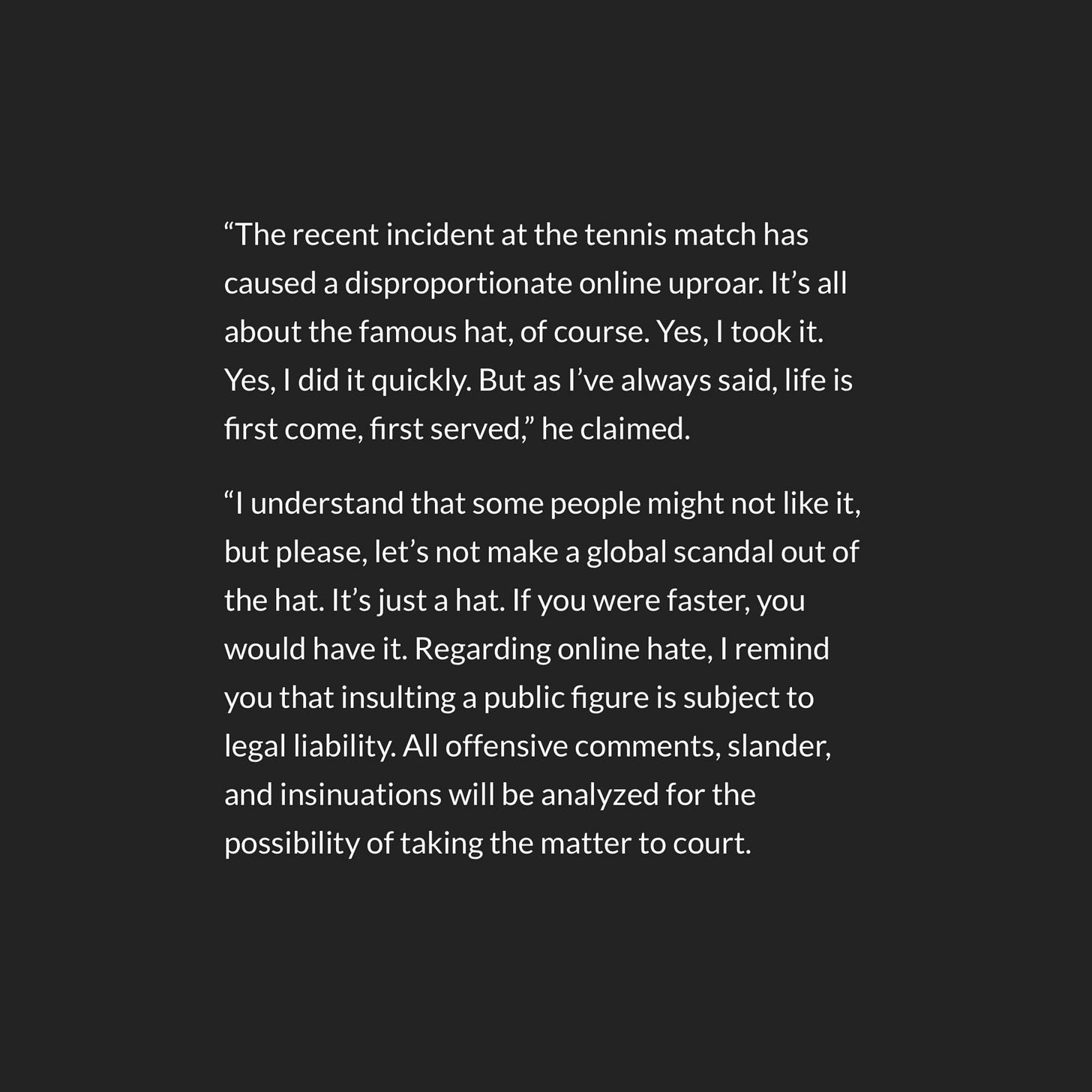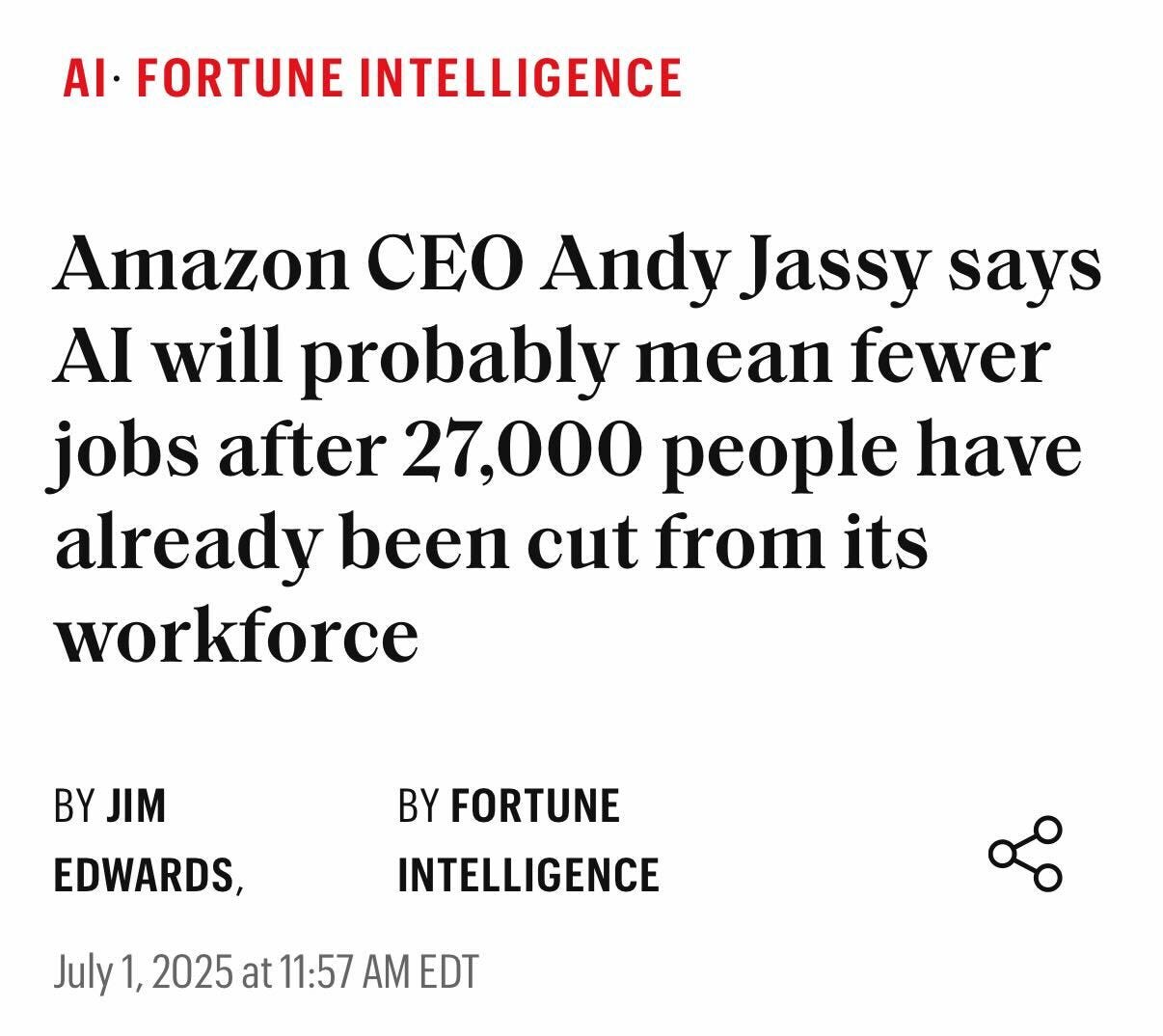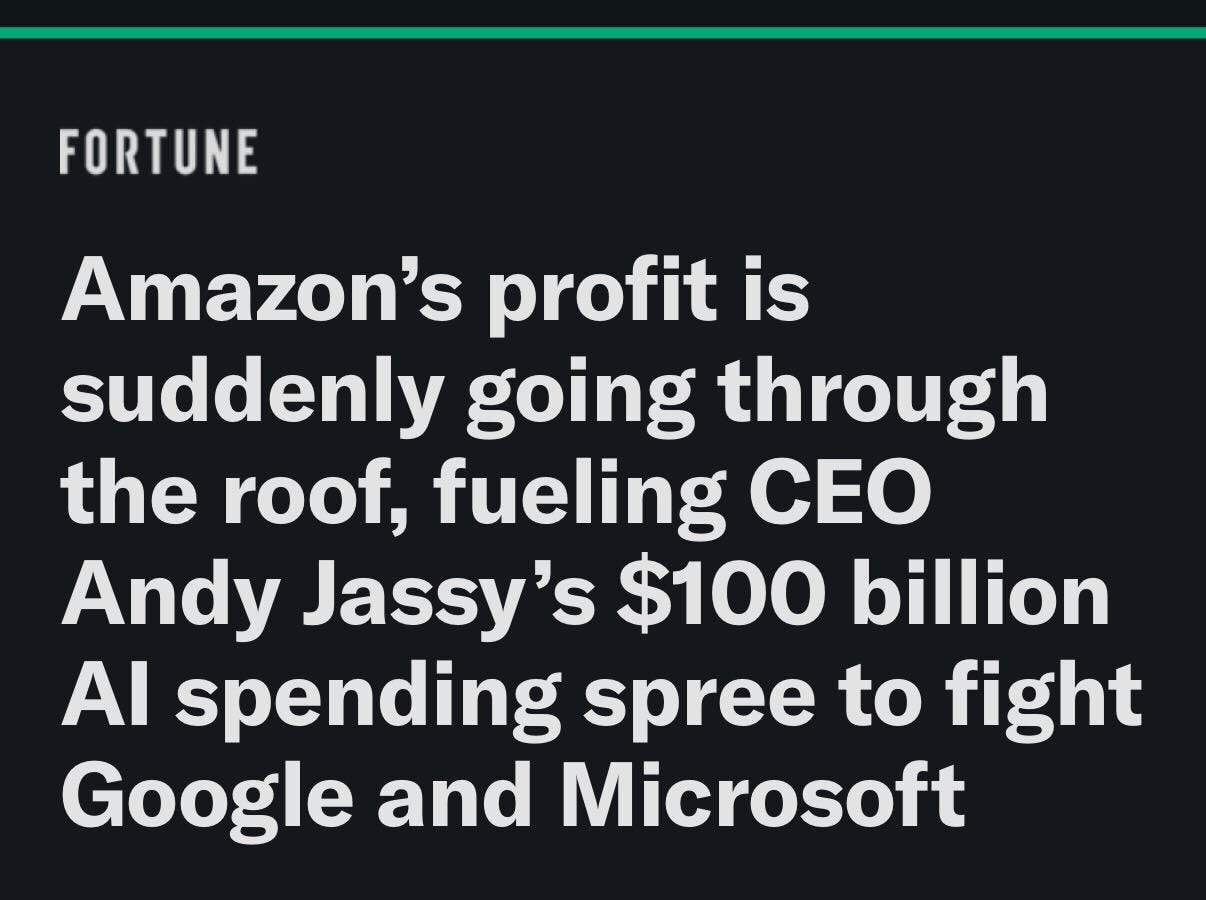Who steals from a child? A CEO.
He snatched a hat from a kid in front of the whole world.
Sometimes little moments provide remarkable clarifications about much larger dynamics. The other day tennis player Kamil Majchrzak tried to give a kid a hat at the US Open. It was a nice gesture, the type of thing that athletes often do. It would have gone virtually unnoticed if an adult man hadn’t stepped in and stolen the hat from this child, and if the man hadn’t been a millionaire CEO, one who then proceeded to double down.
The thief in this photo is Piotr Szczerek, CEO of a Polish corporation. He’s a millionaire who traveled to New York for the US Open. And, rather than let a child receive this kind gesture from the tennis player, he stepped in to steal the hat. He also did so on camera, immediately generating one of those viral moments that none of us want to be on the receiving end of. People started leaving negative reviews of his company, and he became the internet villain of the day. Then he defended himself, in the most shocking way. Instead of apologizing Piotr released a statement which reads:
“Yes, I took it. Yes, I did it quickly. But as I’ve always said, life is first come, first served.” It’s hard to imagine the mind that produces such a statement in response to being caught stealing from a child. And that’s what we have to grapple with. What forces come together to produce people who would not only take a hat from a kid but would then defend that behavior on the world stage. Who would argue that this depravity is simply the way the world works?
A CEO, that’s who. Between pay packages that are 1,000x as big as what typical workers make, legal and corporate requirements, and the executive and business culture that normalizes endless growth at all costs it’s not too surprising that it was a CEO caught in this particular spotlight. While the fundamentals of capitalism have always meant that the ruling class makes its profits by extracting wealth from the working class, we’ve hit another phase of capitalist development that means the needs of ordinary people are hardly factored into the equation at all. Shareholder capitalism doesn’t just demand profit, it demands short-term returns and constant growth. So it’s no surprise that the people at the helm of corporate enterprises have been trained to take and take and not apologize for that behavior.
You might wonder, here, if I’m putting the cart before the horse. The question of whether being in a position like CEO changes people, or whether immensely selfish and sociopathic people become CEOs is a hard one to answer. Does power corrupt, or do corrupt people seek power? The answer is probably both. The Elon Musks of the world are rewarded for being ruthless, for stealing from their subordinates, for screwing people over. And at the same time, as we see with the wealthiest man on Earth, infinite wealth and immense power can lead down an ever more evil, regressive, and egomaniacal path.
So saying both seems like a good bet. Power and money corrupt, and self-centered, corrupt, pathological people both seek power and are rewarded by this system for doing so. This incentive structure demands our attention. While there is some reward in helping people, for example, the capitalist system we live under doles out millions and billions to those who are willing to hurt workers in a way it never rewards those pursuing more altruistic lives. Perhaps the most common example is the incentive bosses have to fire huge numbers of people. Regardless of whether or not it’s good for the long-term health of a company, investors reward the short-term cost saving that comes from firing thousands of workers. See exhibit A:
This is all too common. Will AI be good for Amazon and other corporations in the long term? Who knows. What CEOs do know is that they’ll get immediate rewards for hurting thousands of workers and potentially ruining numerous lives. And again and again the ruling class makes that choice and conducts mass firings, even when a company is already immensely profitable, like Amazon:
Need is not part of the equation. Both the people making these decisions and their corporations are often doing just fine. The CEOs and leading shareholders are typically more than fine, in fact, they’re unbelievably rich. While normal people tend to think in terms of what they need to get by, what their kids might need, what might benefit their communities, these millionaires and billionaires are driven by something different. Andy Jassy didn’t need to fire those people, Elon Musk doesn’t need more wealth or power, and that Polish CEO didn’t need a hat. But the logic of endless growth has wormed its way into the minds of the most powerful people on Earth. There is no such thing as enough, and many of them want more and more — even thinking they deserve more and more, thinking they deserve it so much it’s okay to steal from a child.
The long-term consequences of these actions, of this way of living and organizing society, rarely seem to come into the equation. The CEO of Spotify, Daniel Elk, is worth about $10 billion. Seems to me like enough to retire and be happy. Seems to me like enough to never worry about anything ever again. Seems to me like so much you couldn’t spend it all if you tried. But what is he doing instead? Investing in death and war.
The primary product of Helsing is military drones that use AI. It sounds like a product out of a dystopian sci-fi novel. These drones will be used to kill and hurt people, and a man with $10 billion in wealth built off hurting the music industry and depreciating the monetary value of artists’ music feels the need to invest in this heinous startup. This is the sick way of thinking, investing, and moving through the world that pervades the ruling class more than ever. We live in an era dominated by naked greed, dominated by a ruling class that never believes they have enough even as inequality reaches record highs not seen in the gilded age or the lead up to the French Revolution.
As if this all wasn’t enough, as if the yawning divide between the rich and poor wasn’t bad enough by itself, we have to contend with the fact that the ruling class is more comfortable than ever being open about it. A CEO didn’t just steal from a child on TV, he defended his actions and said ‘tough shit.’ The richest people on Earth aren’t just on track to become trillionaires, they’re rubbing it in our faces. The conservative attacks on the social safety net, on Medicare and Medicaid and government jobs, are paired with arguments straight out of the Reagan era that tell us to pull ourselves up by our bootstraps and that people are at fault for their own struggles. The regressive and condescending tide is strong, the ruling class insistence on the outdated and dishonest logic of individualism is surging, and all the while the actual conditions of the United States and the world scream out that we need solidarity and mass movements and structures that allow us to care for one another.
So don’t just go after one CEO. Don’t take out your anger on only one asshole. Direct your rage at Piotr Szczerek for a moment, sure, but then channel it at the system that forms and rewards these people. We have to change the underlying structures so that people don’t think this is a ‘first-come, first-served’ world. That’s not how our species works. We’re meant to cooperate, to work together, and so many of the problems we face right now can be traced directly to the decimation of that attitude, the prioritization of greed and individualism over the collective.
Our species wouldn’t have made it without the group. We wouldn’t be here without bands that came together to help each other survive, and we’re again faced with that same dilemma. Either we overcome the capitalist system that rewards individual sociopaths at the expense of the collective, or we usher in a new dark age where we collectively face the consequences brought down on us by billionaires and CEOs. So it’s time to gather together again, to form bands and groups and organizations, and to bend the arc of history away from our own destruction. - JP







We’ve lost our capacity to express righteous outrage in this culture. Instead it’s all virtue signalling. I do believe that expressing outrage in the face of blatant acts of selfishness and narcissistic entitlement— especially when these acts occur at the expense of a child or anyone who is relatively vulnerable— is a skill each of us can develop.
And let’s note: it wasn’t anything this schmuck said. It was his actions. He earned every ounce of vitriol he’s getting.
Isn't that apology a fake one?